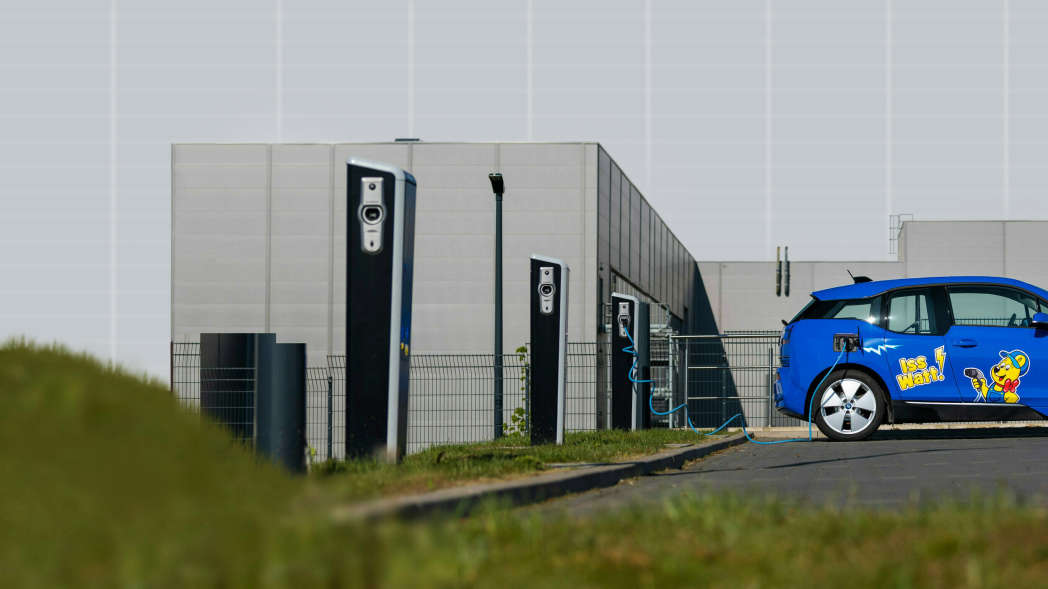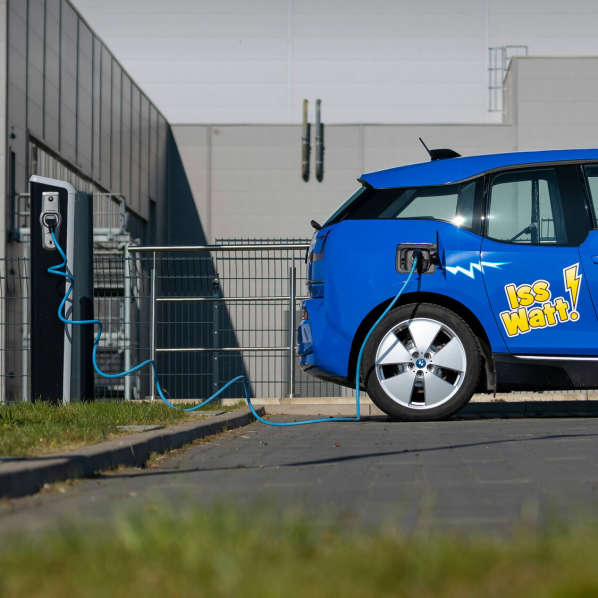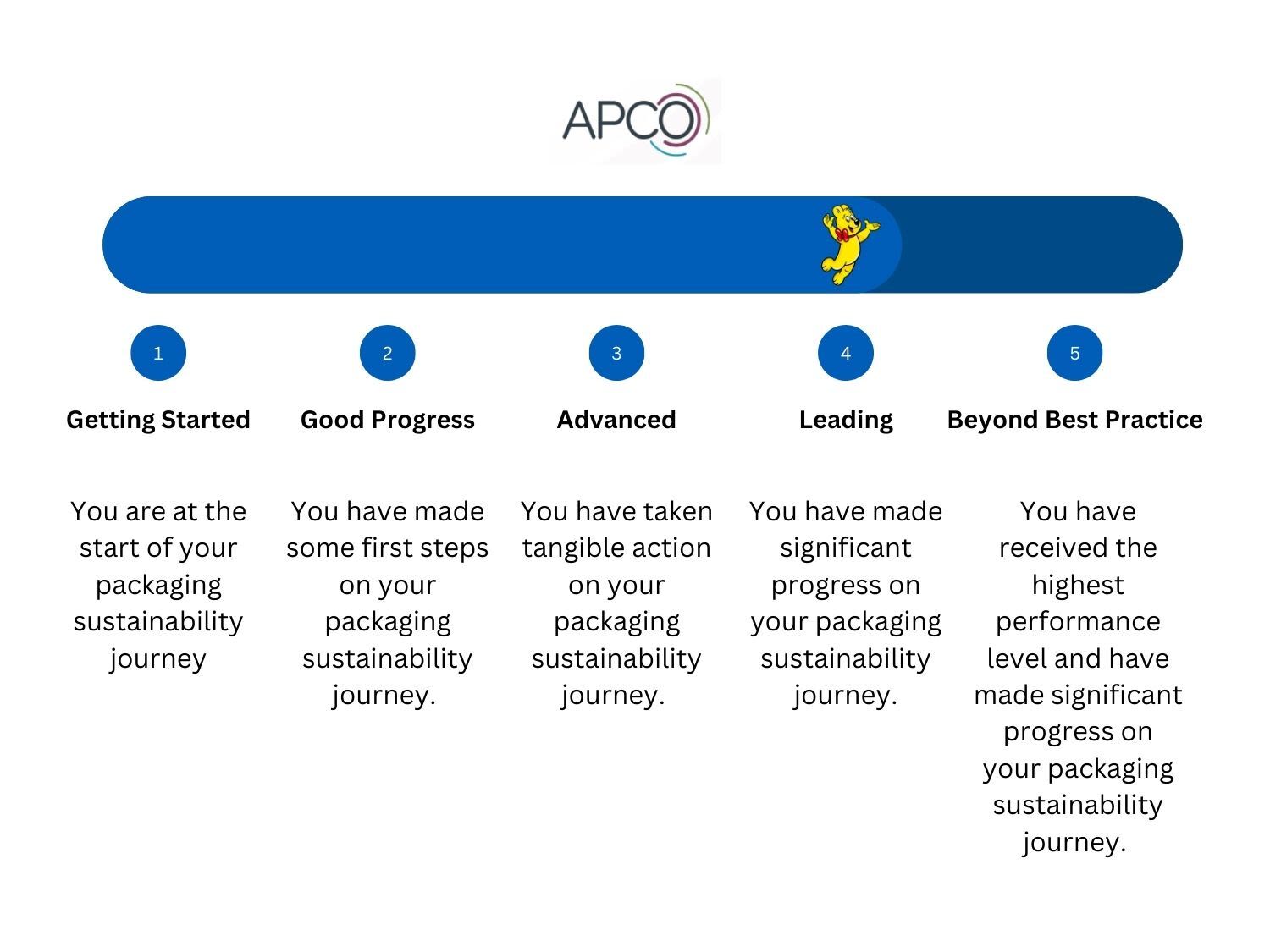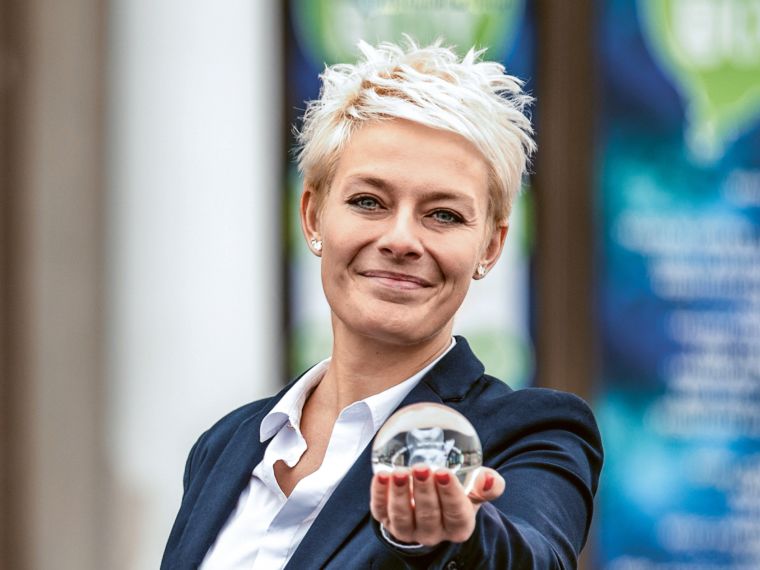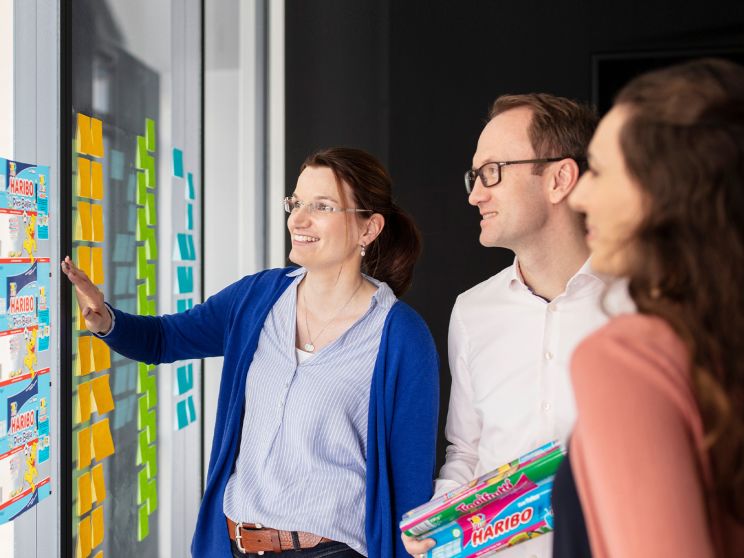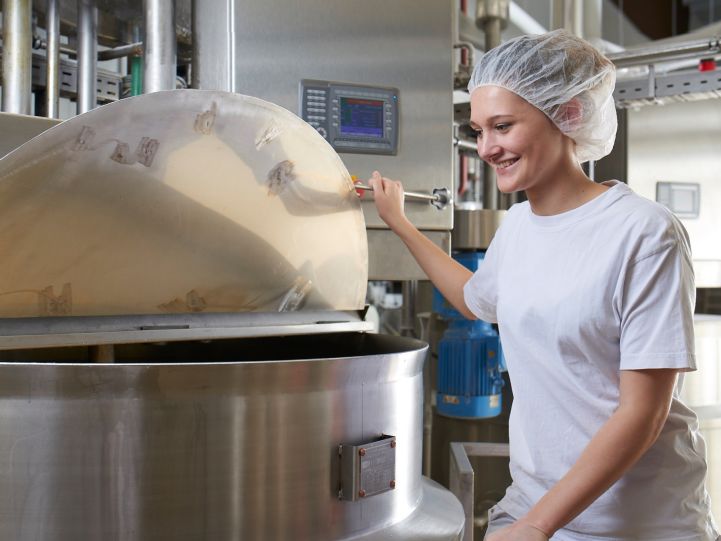National Plastics Recycling Scheme Australia (NPRS)
The National Plastics Recycling Scheme is an industry-backed project, designed to remove soft plastics from Australia’s waste stream and recycle more of this vital material.
To date, it has already received strong support from businesses and
retailers, recently completing a successful trial of over 7,000 households across six council areas. The next step is further pilots with more households from late 2023.
As a member of the NPRS it means we are committed to being part of the solution, to enable households to collect soft plastics and recycle them using the kerbside bin into new, food-grade plastic packaging, creating a new circular system.
Businesses who sign up will be at the forefront of recycling efforts globally and will help close the loop on soft plastics by creating the system to transform soft plastics back into food-grade packaging.
Why businesses like yours need to sign up:
1. NPRS is designed to offer a long-term solution to soft plastic recycling in Australia.
2. It is the right thing to do - as a contributor to the soft plastic problem, we need to be part of the solution. This is an opportunity for businesses to lead in doing something our consumers, the community and governments expect.
3. The NPRS is an industry-led scheme where the companies putting soft plastics into the marketplace are taking the lead and providing a real solution.
The scheme has shown that brands and retailers can deliver effective
industry-led product stewardship schemes at a quicker pace than
government regulation. The time is now.

